|

Hi, this is GIRE!
Approximately 1 in 4 adults over the age of 65 is diagnosed with diabetes, making it one of the most common chronic diseases in this age group. Diabetes is associated with high morbidity, mortality, and costs, ranking 8th among the leading causes of death according to the National Vital Statistics System in 2021.
In addition, complications such as heart disease and kidney disease are among the leading causes of death in people with diabetes. Improving diabetes care can help reduce the risk of these complications and lower mortality rates in people with diabetes. However, the "right to health" is unclear due to differences in race, culture, socioeconomics, and education. Victims of social injustice exist, and for years, statistics have shown that blacks and Hispanics have higher rates of diabetes than whites.
To help find and discuss solutions to these problems, GIRE is supporting a research consulting program with a professor at the Emory School of Public Health in the United States on the pathophysiological mechanisms of diabetes and cardiovascular disease in minorities.
[Public Health and Social Injustice ]
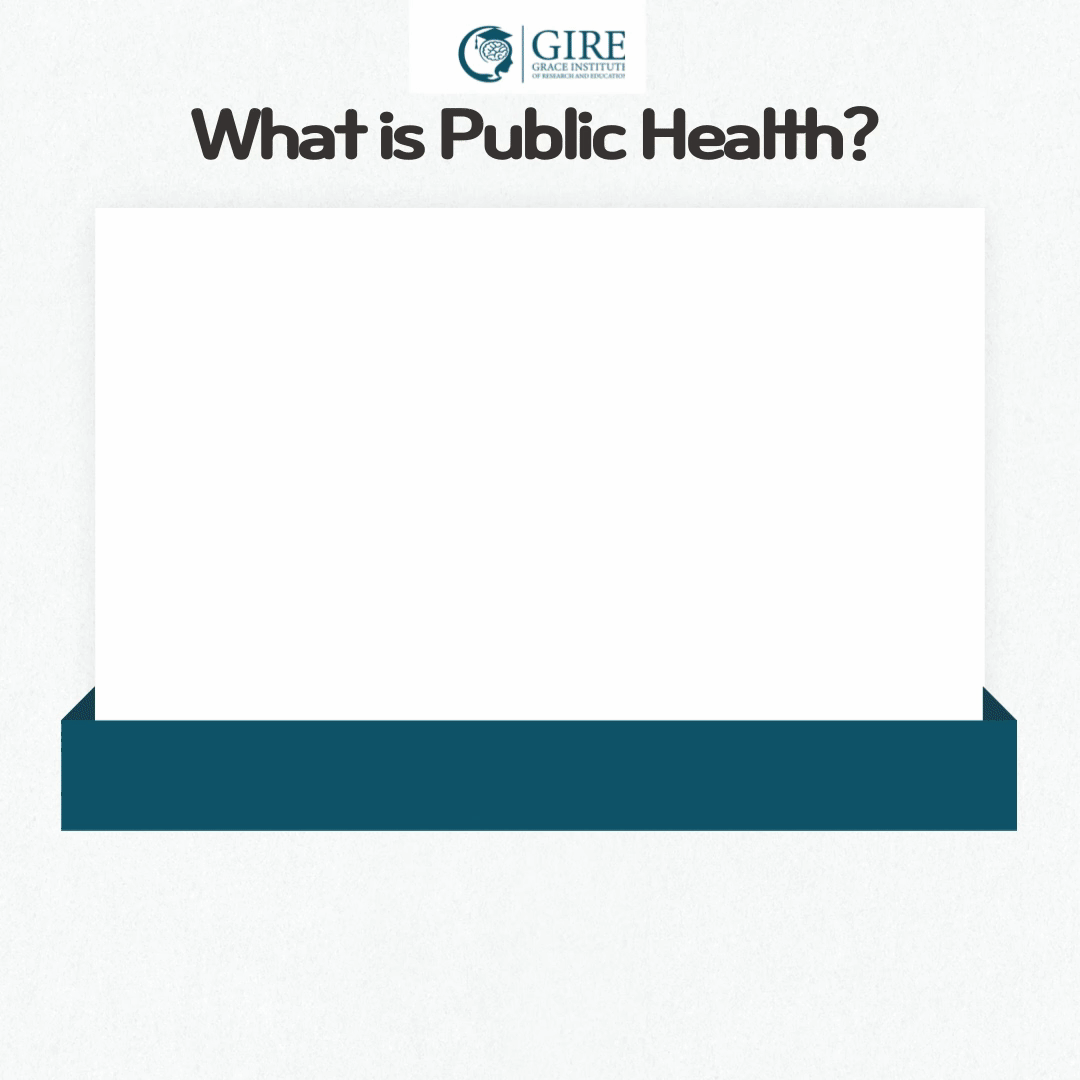
Public health is a collective effort to ensure that, as a society, people have the conditions to be healthy. Under public health, social injustice refers to policies or behaviors that adversely affect the conditions under which people can be healthy. It refers to violations of the economic, social, cultural, civil, political, or other human rights of certain populations or groups in society by those with more power or influence. Social injustice in public health often occurs locally, nationally, and globally, with vulnerable groups such as the poor, women, children, and the elderly suffering disproportionately from these adverse policies or behaviors.
[The Right to Health] (Source: Social Justice and Health, edited by Berry S. Levy)
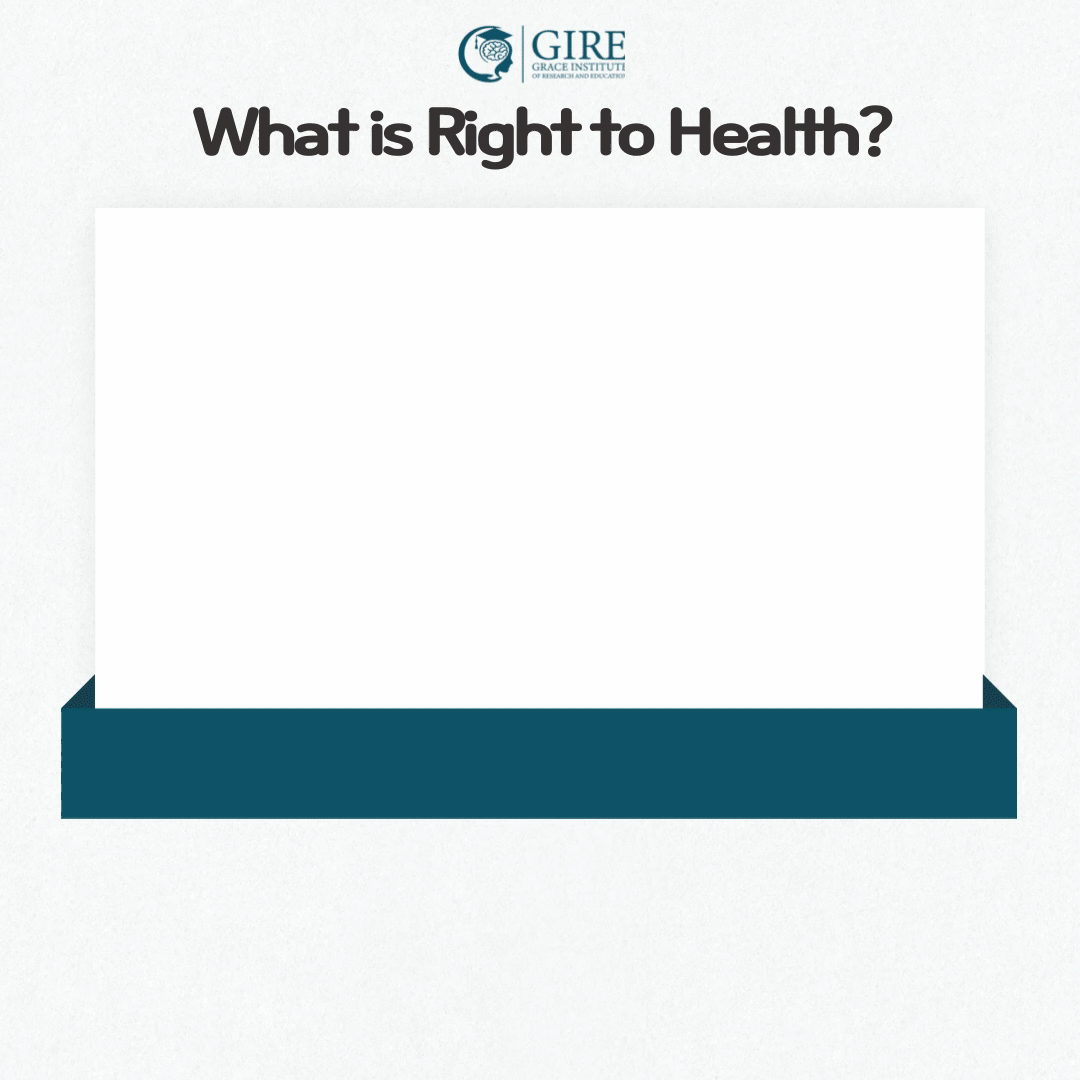
The right to health is the right of everyone to the enjoyment of the highest attainable standard of physical, mental, and social well-being. The highest attainable standard of physical and mental health for everyone is a state of physical, mental, and social integrity, not merely the absence of disease or infirmity. Resolutions of the United Nations General Assembly, decisions of the International Court of Justice and other judicial bodies, such as the courts of the United States and the European Union, and decisions of U.S. courts and other national courts in interpreting international law are the primary sources for defining and interpreting broad human rights, including the "right to health."
[What is diabetes?]
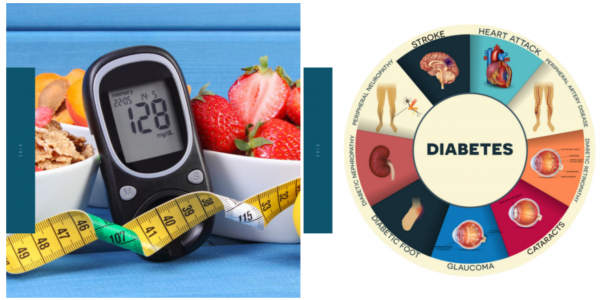
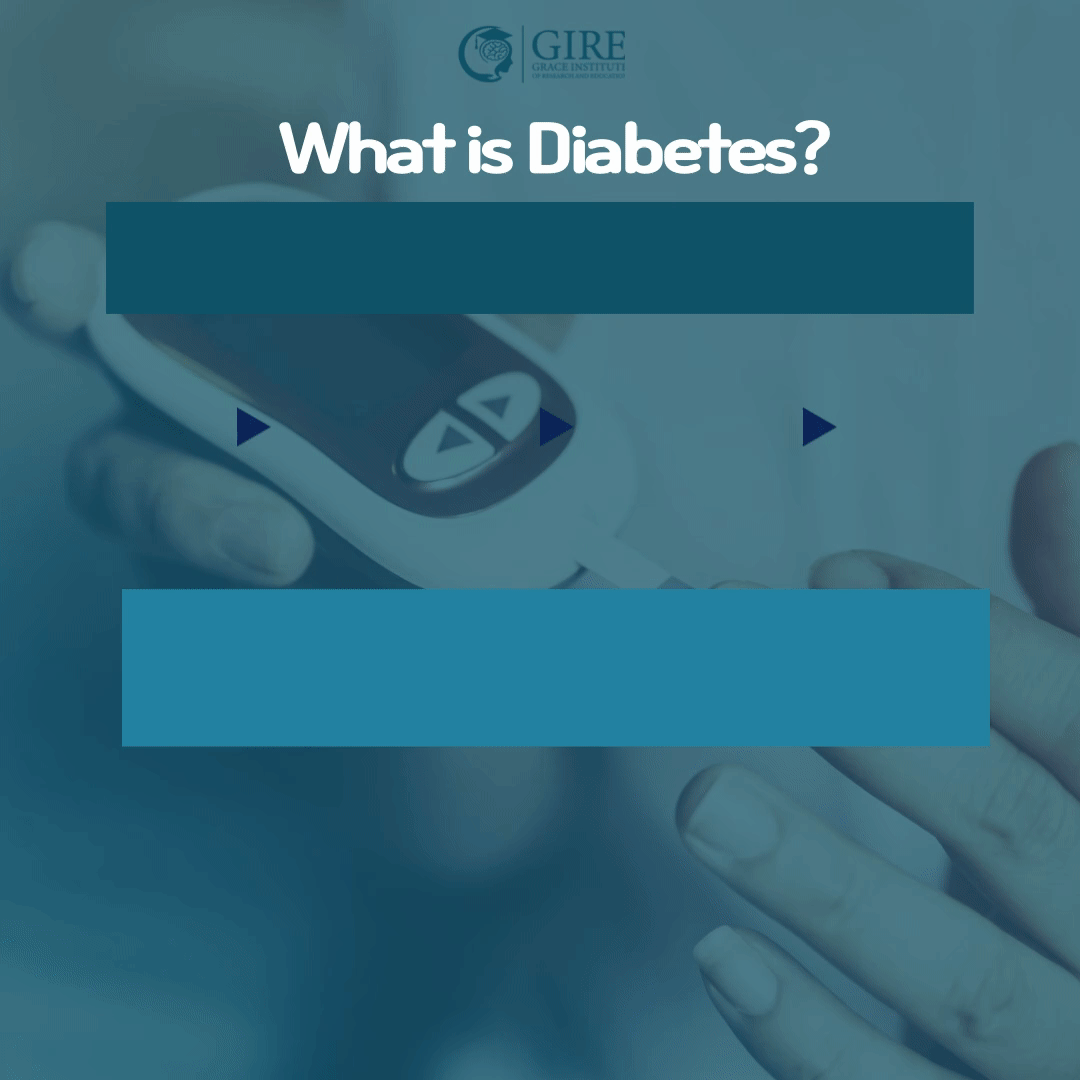
Diabetes is a group of diseases that affect the way your body uses blood sugar (glucose).
Your body breaks down most of the food you eat into sugar (glucose) and releases it into your bloodstream. When your blood sugar rises, it signals the pancreas to release insulin. Insulin is the key that sends blood sugar into the body's cells to be used for energy. When you have diabetes, your body doesn't make enough insulin or can't use insulin properly. When you don't have enough insulin or your cells don't respond to insulin, too much blood sugar remains in your bloodstream. Too much sugar in the blood can lead to serious health problems over time, such as heart disease, vision loss, and kidney disease. There is no cure for diabetes, but losing weight, eating healthy foods, and staying active can help a lot. ▶Take your medications as prescribed ▶Get diabetes self-management education and support ▶Making and keeping health care appointments are the best ways individuals can manage and prevent diabetes.
[Diabetes incidence by race]
According to Access to Care (2012) data, the percentage of community-dwelling Medicare beneficiaries age 65 and older with self-reported type 1 or type 2 diabetes, by race and type of diabetes, is shown below. 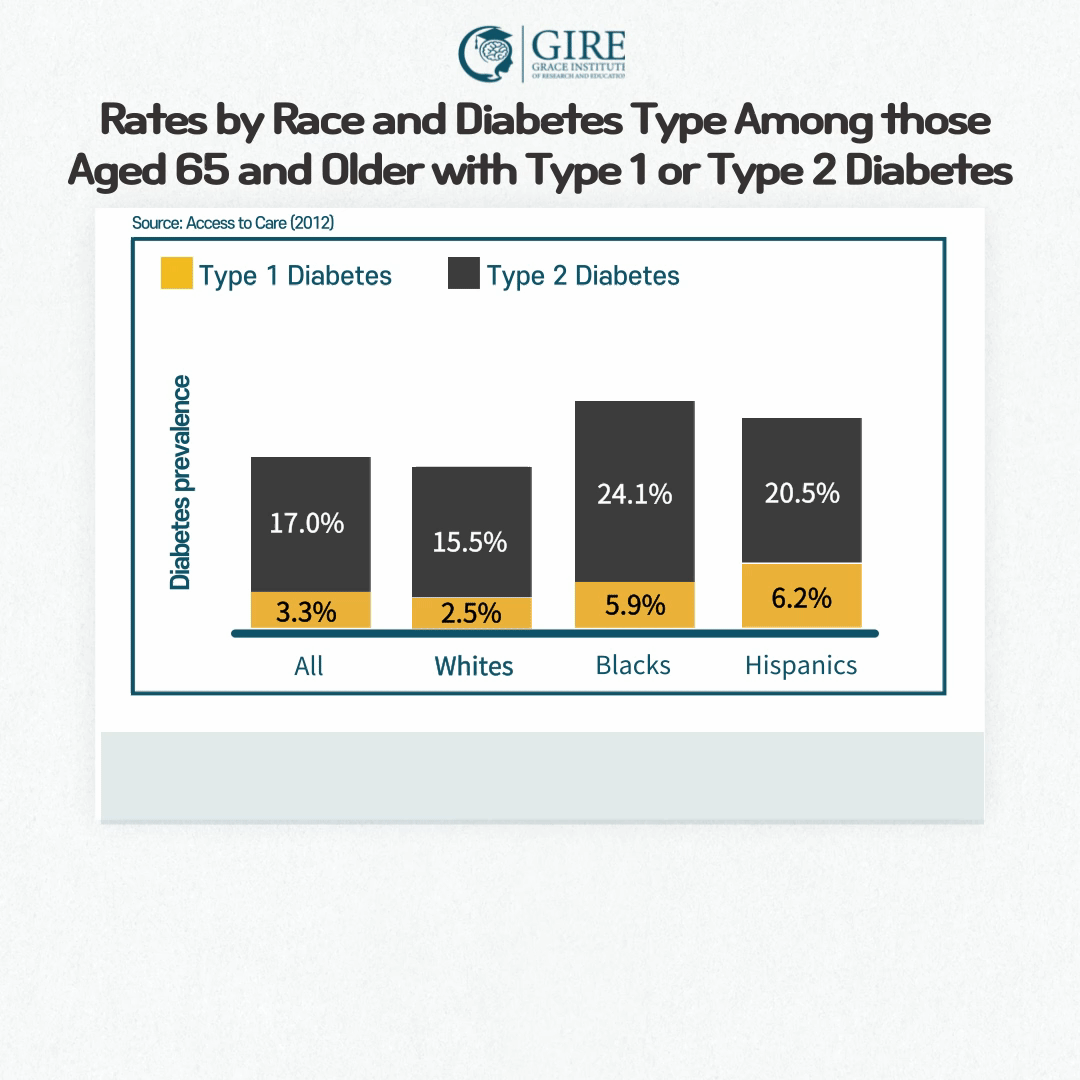
The prevalence of diabetes was higher among black (30.0%) and Hispanic (26.7%) beneficiaries compared to whites (18.0%), with the majority of all groups having type 2 diabetes.
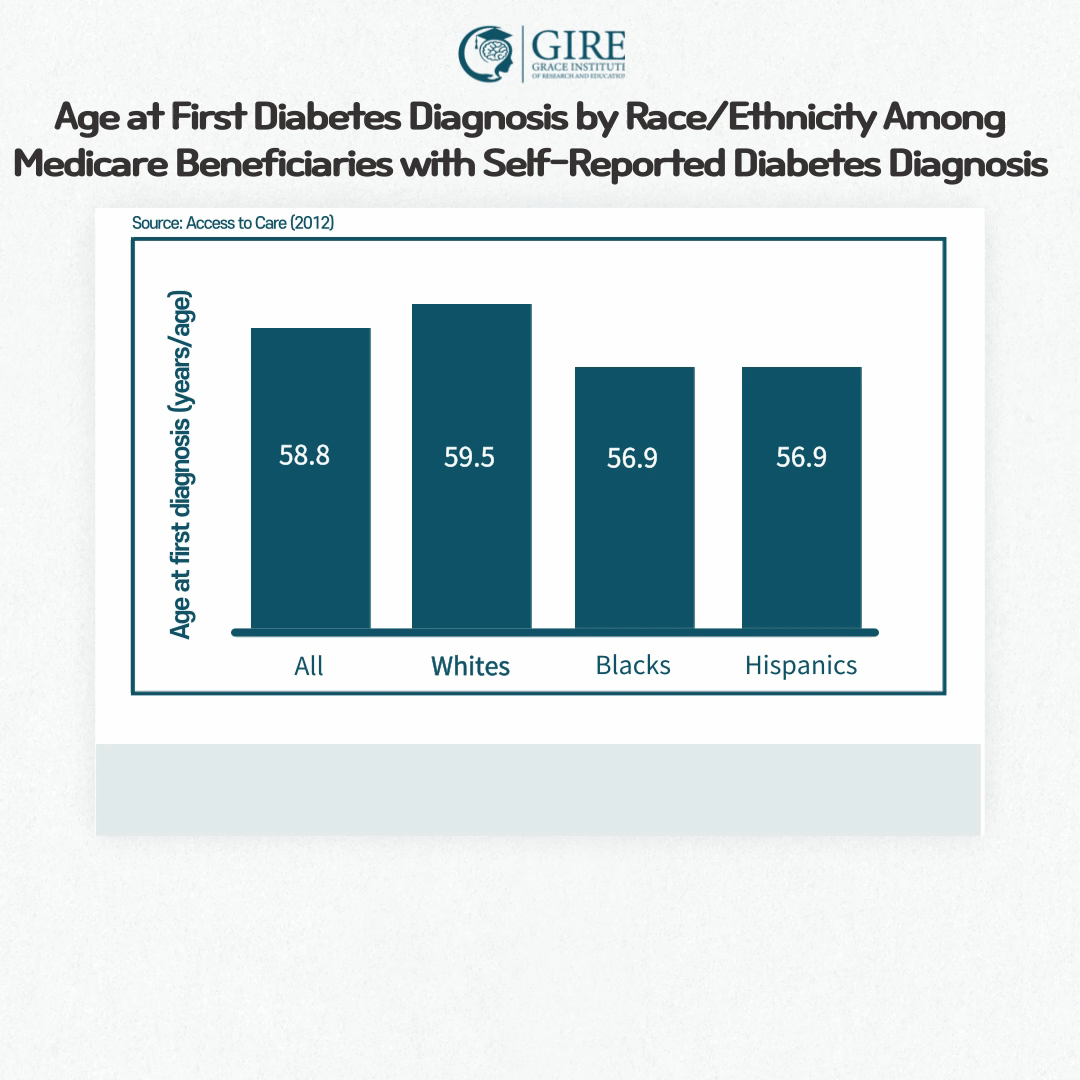
In addition, among community-dwelling Medicare beneficiaries with a self-reported diagnosis of diabetes, the age at first diagnosis of diabetes by race/ethnicity was as follows
Black and Hispanic beneficiaries were first diagnosed at a younger age (mean age 56.9 years) compared to white beneficiaries (mean age 59.5 years).
Despite these stark racial health disparities, minorities are less likely to be in control of their health. While blacks are generally equally likely to engage in diabetes self-management activities as whites, they are less likely to report that they have adequate knowledge to self-manage their condition and always have good blood sugar control. In addition, fewer blacks and Hispanics are aware of Medicare coverage policies for diabetes testing supplies and self-management education compared to whites.
[Researching diabetes in underserved populations: Prof. Unjali Gujral]

GIRE is working with Professor Unjali Gujral of Emory University to explore the social and cultural determinants of diabetes disparities and support her professional research experience on cardiovascular disease and diabetes issues in underserved populations.
▶Research Interests: #Cardiometabolic Disease #Cardiovascular Disease #Diabetes #Disease Pathogenesis #Epidemiology #Global Health ▶Recommended Students: Students interested in understanding the determinants of health disparities in minority and immigrant populations and exploring ways to reduce the risk of diabetes and cardiovascular disease. Students who wish to pursue a career in public health.
The research topics currently being researched by professor Michelle.
▶Attitudes and beliefs about sleep health among a racially and ethnically diverse sample of overweight/obese adults (2023) ▶Epigenetics of Early-Life Socioeconomic Stressors and the Impact on Childhood Body Mass Index—Potential Mechanism and Biomarker? (2023)
▶Disparities in diabetes prevalence and management by race and ethnicity in the USA: defining a path forward (2023)
 |
 Click here to book
Click here to book